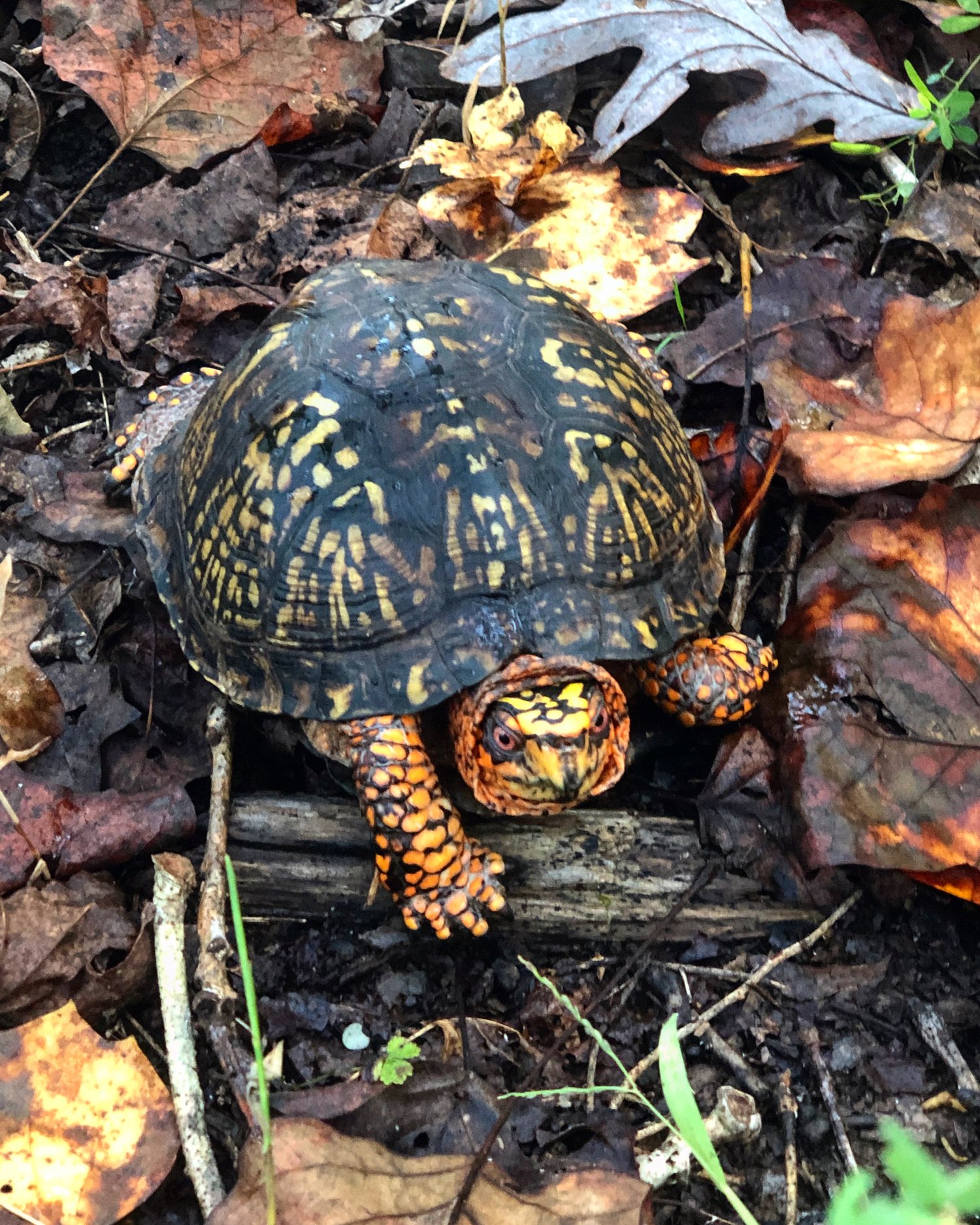
Keep South Carolina Wild
September 06, 2024
With the goal of increasing biodiversity on their property, Michelin US-2, located right outside of Anderson, SC, is happy to announce they are no longer using pesticides, fertilizers, or chemical weed treatment on their property. They are working towards removing all invasive Callery (Bradford) pear trees, which will allow native vegetation to replace this ecologically destructive tree species.
Michelin recently partnered with Furman University and Dr. John Quinn, professor of Biology, to perform multiple species inventories to record what kind of flora and fauna is present on their property. In addition to seven turtle species found on the property, great blue herons, bald eagles, and a variety of frog species were recorded too.
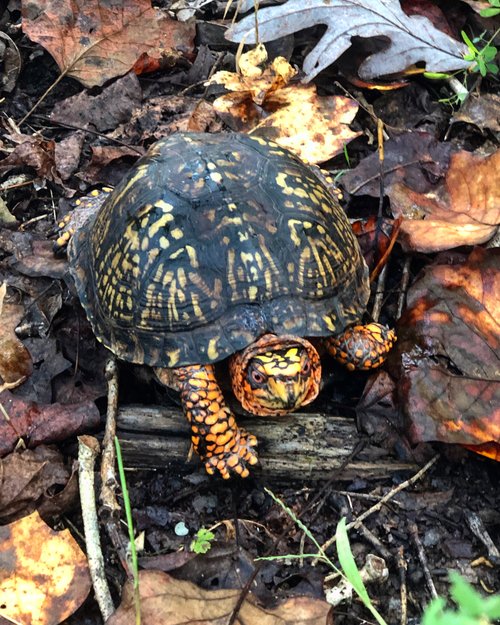
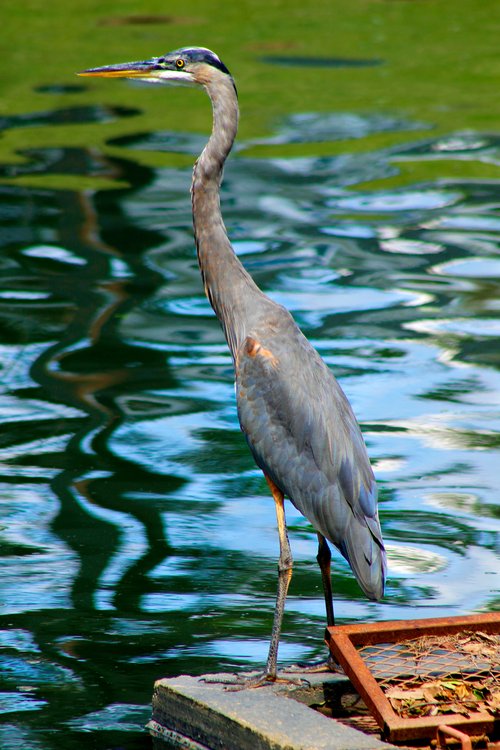
Species like the ones pictured above are thriving at US-2’s property. Image Credits L to R: Eastern Box Turtle Strolling in the Leaves by Jenna Plating and Greer’s Great Blue Heron by Katie Derhay.
With the good work being done on US-2’s property, the nature trail, which was established for employees and their families to enjoy, should be teaming with a healthy variety of wildlife for years to come. Thank you, Michelin, for providing yet another example of your company working to improve habitat conditions for wildlife throughout SC. And congratulations on celebrating 50 years at this site!
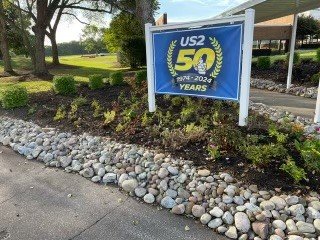


Tags: WAIT, WAIT Partner, Michelin
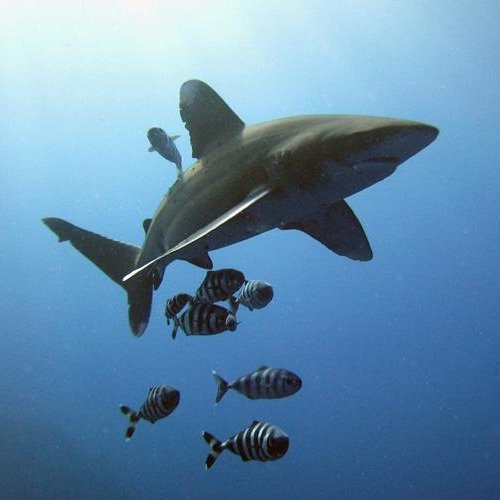
This year marks the 50th anniversary of the Endangered Species Act! Join us as we highlight species throughout the year that have benefited from this landmark legislation. This week is...
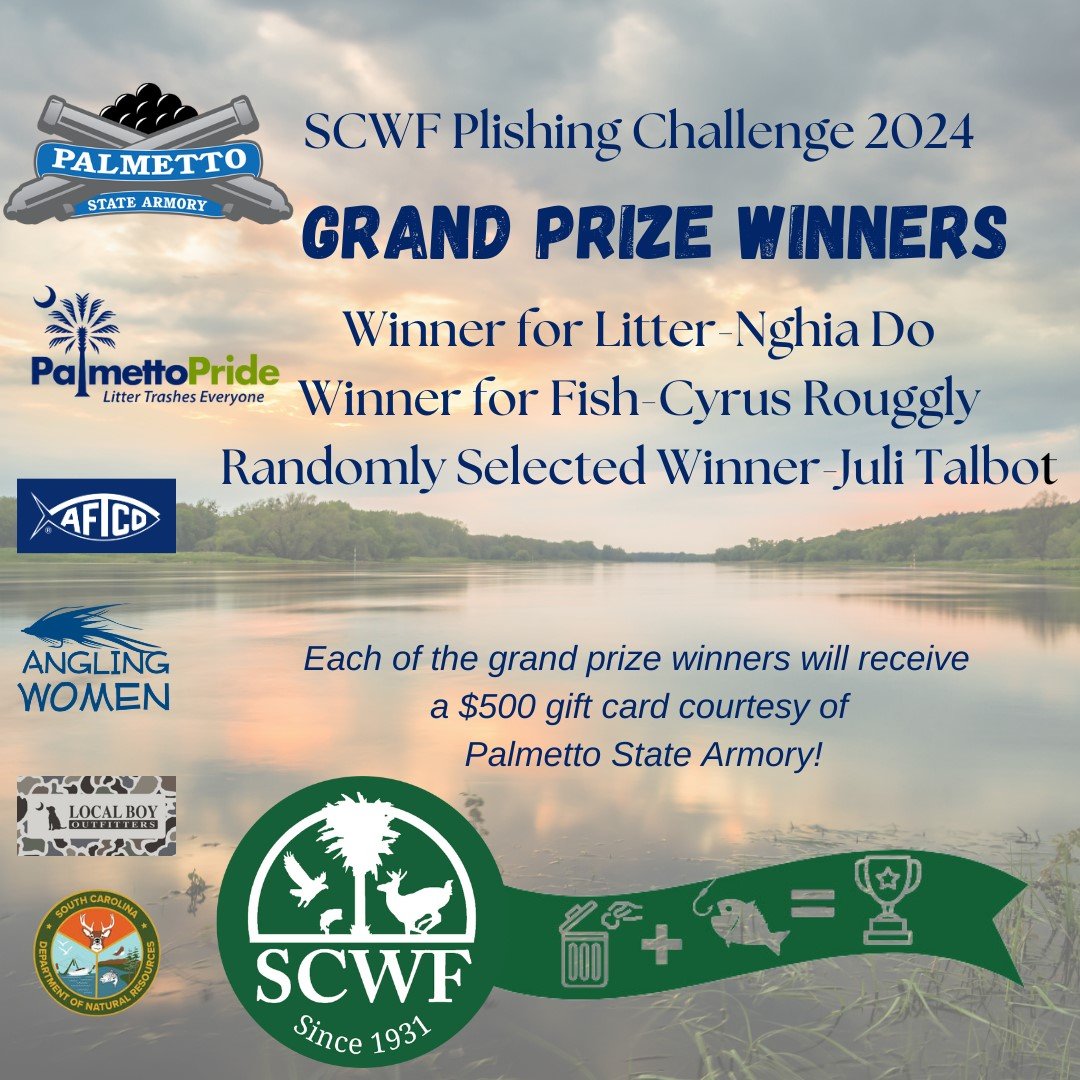
Congratulations to everyone who participated in the 2024 SCWF Plishing Challenge! Everyone who entered something into the challenge, either litter they collected from their local waterways or a fish they caught,...

SCWF is part of a large coalition of National, State and Local groups that have been actively fighting oil and gas exploration and development off of our precious coast. This...